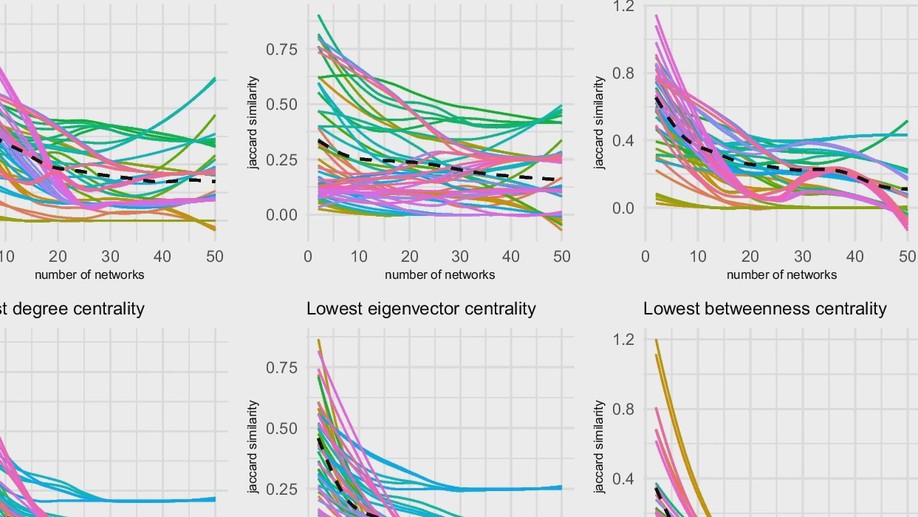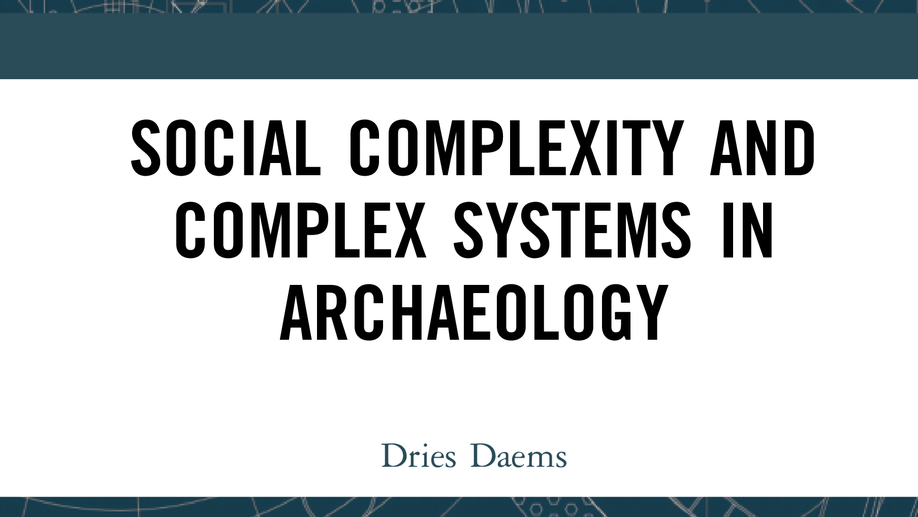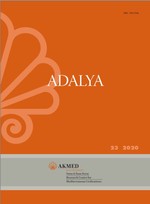Dries Daems
Assistant Professor in Spatial Digital Humanities
VU Amsterdam
Biography
Dries Daems is an archaeologist specializing in the Iron Age to Hellenistic Mediterranean. His research interests include social complexity, urbanism, connectivity and information exchange, artisanal production, and human-environment interactions through computational modeling and pottery studies. He is currently Assistant Professor at VU Amsterdam and Visiting Professor at Helsinki University. He has held positions at KU Leuven, Koç University, and Middle East Technical University.
Interests
- Social Complexity
- Agent-Based Modelling
- Hellenistic Pottery
- Urbanism
- Human-Environment Interactions
- Digital Humanities
Education
-
PhD in Archaeology, 2018
University of Leuven - Funded by Research Foundation Flanders
-
MA in Archaeology, 2012
University of Leuven
-
BA in Archaeology, 2011
University of Leuven













